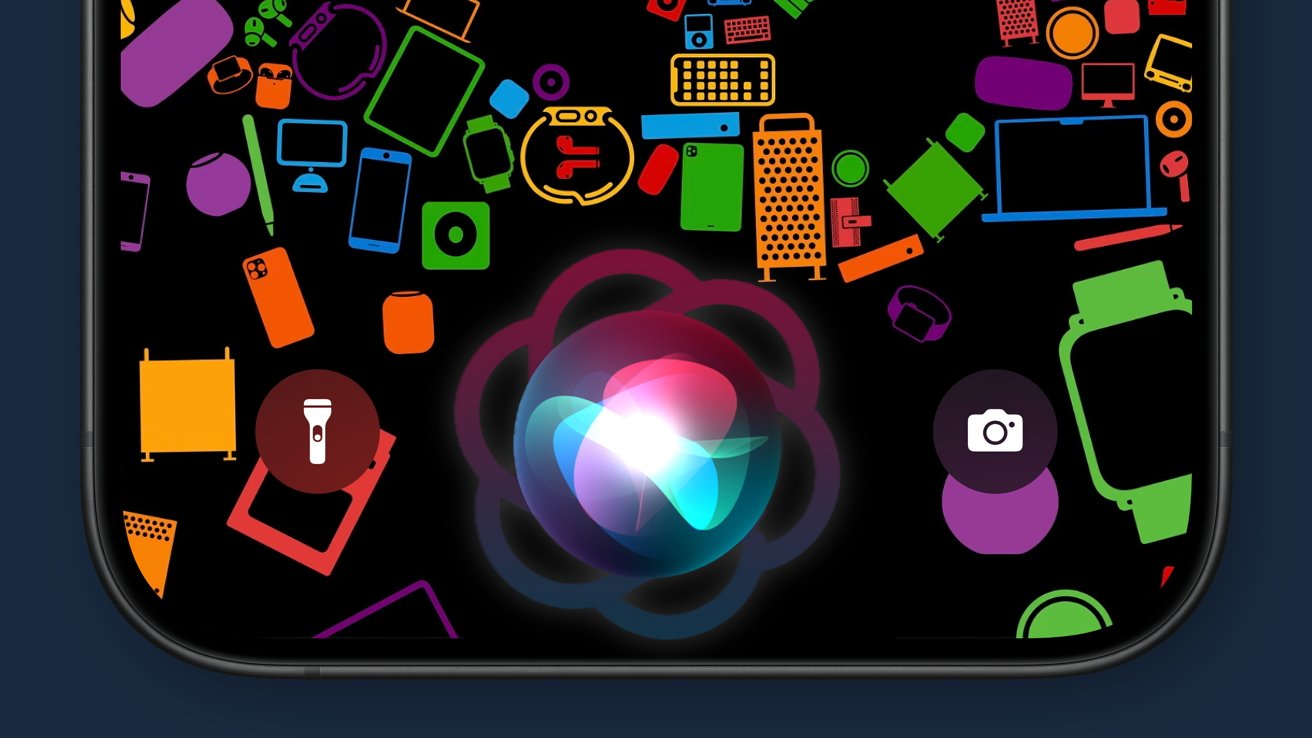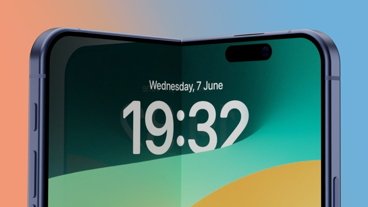Ming-Chi Kuo believes Apple will roll out big AI improvements during its WWDC keynote that will need the iPhone 16, and the bigger features may take some time fully roll out.
Kuo, in an online question-and-answer post on Medium, summarized Apple's WWDC AI strategy as strong based on integrating helpful on-device AI into nearly every aspect of its operating systems and apps. However, he predicts that bigger benefits like server-side LLMs and an iPhone refresh cycle will only fully arrive over the course of the year.
Kuo expressed confidence that Apple's intensive efforts in integrating Apple Intelligence technologies into its apps and OS will showcase its "advantage" over competitors in user interface design. While Siri's improvements will be a key highlight, it's on-device LLM technology may be constrained by the 8GB RAM limitation in the next iPhone lineup.
Apple is expected to rely on both on-device and server-side LLMs to dramatically improve Siri responses to user queries.
Thinking long-term
Starting with the release of iOS 18, users will see noticeable improvements. That said, Kuo doesn't believe the company has yet achieved a breakthrough that will exceed market expectations.
Kuo seemed doubtful that the new iPhone hardware and operating system coming in Fall 2024 will trigger a user-replacement super-cycle. He does expect that the investments Apple has made in recent years to boost its machine learning and AI capabilities to pay off over time.
Kuo noted that his surveys indicate that iPhone shipments in the second half of 2024 could be slightly lower than for the same period in 2023. As additional features roll out in OS updates across 2024 and 2025, the picture for new iPhone sales could improve, he suggested.
He added that cloud-based LLM models typically take longer to train. This could mean that a full rollout of Apple's server-side AI solution will be phased in rather than fully implemented at launch.
Significant revenue and profit growth due to the forthcoming AI features may take a longer time to fully realize, Kuo said. He predicted the company will quickly gain "on par" status with its AI competitors, but that WWDC will dispel notions that the company has tried to quickly "catch up" to its industry peers.
In response to a question about collaborations with AI companies, Kuo downplayed the importance of using outside firms. He believes Apple will focus such deals mainly on "wrapper models" for interfacing with users and apps.
Apple is recently reported to have reached a deal with OpenAI to augment some on-device AI services.
 Charles Martin
Charles Martin

-m.jpg)






 Oliver Haslam
Oliver Haslam
 Thomas Sibilly
Thomas Sibilly
 Marko Zivkovic
Marko Zivkovic

 Wesley Hilliard
Wesley Hilliard
 Malcolm Owen
Malcolm Owen
 Andrew Orr
Andrew Orr



-m.jpg)






5 Comments
I might buy a new iPhone for AI-features, but I would definitely buy a new Mac - if a new Mac helps with AI performance. E.g., I've tried using GPT 4o on iOS, and it's annoyingly slow (sometimes taking 10 seconds to answer) and quite limited in terms of how much volume of questions I can ask it (it stopped me before reaching 10 questions, without telling me exactly why.)
Whatever Apple does, I hope it removes these throughput issues.
Outside of the Siri upgrade and some app capability additions, Apple’s “AI” sounds like a letdown if it’s just Apple’s connecting software attaching to already available third party stuff.
This site has several articles detailing — down to remarkable amounts of specificity — exactly how Apple Intelligence will enhance what you already do with your Mac/iPhone/iPad/etc.